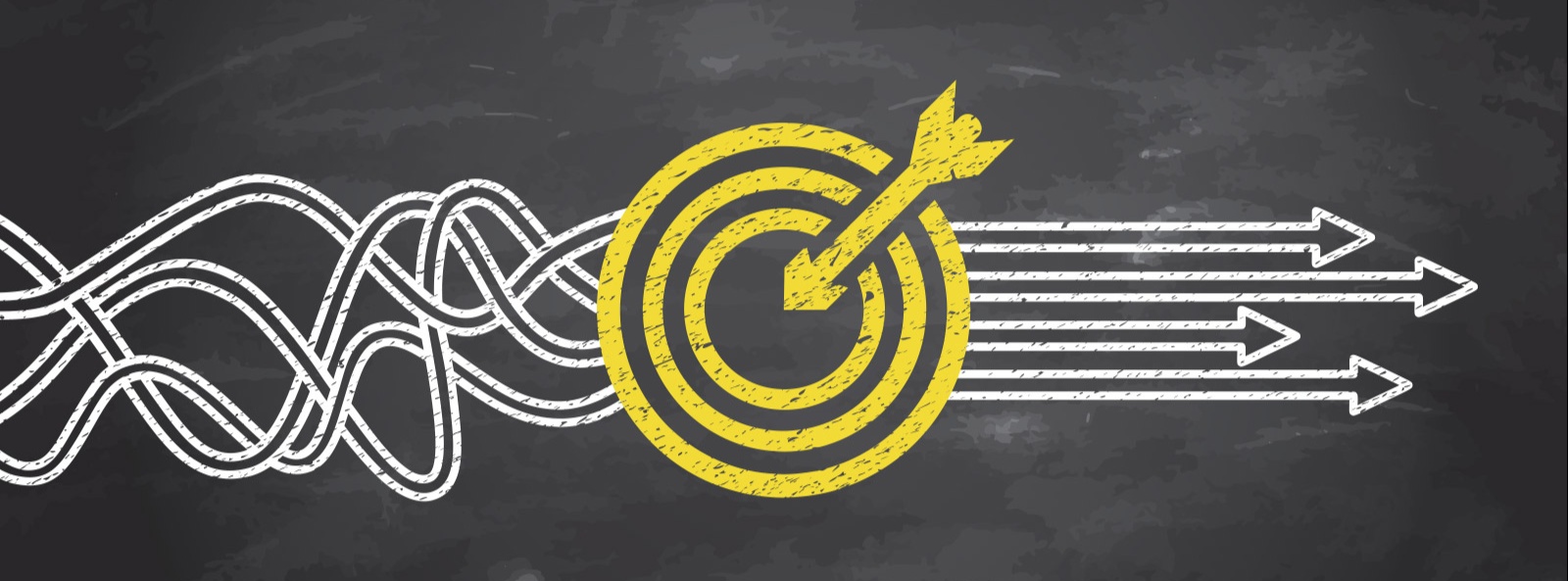A leap forward in AI ethics and safety
July 5, 2024

Jeroen Kraaijenbrink: My reason to write this book is the urgent need to change the way we think about and do strategy. Traditionally, strategy is a top-down board room activity, based on predictive analysis and separated from execution. Decades of research has consistently shown that this way of working is highly ineffective. Yet, many organizations stick to it, causing a lot of wasted potential, frustration and failure. It does not have to be like this.
In “The One-Hour Strategy,” I outline a novel approach to strategy that engages literally everyone in an organization. And not just on a one-time-only basis, but continuously. As such, OHS sketches an alternative to strategy as we know it and aims to make it an engaging, normal, everyday process in which strategy and execution go hand in hand. With the book, I hope to inspire many leaders to change and improve the way they do strategy.
J. K.: Fascinating question. Rather than a textbook or business book, I wrote the book in the form of a simple story about the protagonist Martin who starts his job at Waters & Flows, a company known for its innovative approach to strategy. In many ways, I am like Martin, wondering and eager to learn and adopt novel insights. Accordingly, the following excerpt reflects myself quite well. We’re jumping right into the middle of a conversation between Martin and Marina, the company’s strategy specialist.
[Marina] “Okay, let me start with a secret. It is not actually one hour. It’s certainly not that we just spend one hour per year on our strategy. Or even one hour per month, for that matter.”
[Martin] “Oh, I see. So what does it mean then?” Martin was getting mixed feelings about Waters & Flows. Had he made the right choice quitting his previous job? Was their strategy approach really so special?
[Marina] “The core idea is to make strategy the rule, not the exception.”
[Martin] “Nina said exactly the same,” Martin replied “I think I get that, but what does that mean in practice?”
It’s Martin’s combination of curiosity, skepticism and pragmatism that mirrors my own way of thinking. I’m always on the look for novel insights and never take something for granted simply because other people are saying it. And, more than anything else, I want my work to be useful in practice rather than just well-founded or inspirational.
J. K.: Another interesting question, especially since trends are something that I typically try not to pay too much attention too. Strategy is a field that has overrated the importance of trends and external analysis for decades. Instead, I always start looking inside, at what an organization (or an individual) has in terms of unique assets and capabilities and what it aims to be. So, much more an inside-out than an outside-in approach to strategy.
But there is one “megatrend” that I think I see and that makes me optimistic. Of course, we’re seeing lots of problems around us: climate change, war, economic and political instabilities, and so on. Underneath that I see a slowly emerging growing awareness and sense of responsibility for our planet and others. We’re more and more seeing how everything around us is connected and how we are port of one big living organism that needs us, just as much as we need it. The pace at which this awareness develops is still slow, but it is there, signaling we’re leaving behind us the age of human-centered exploitation.
J. K.: Look inside at who you are and what your gut tells you. Trust and follow your instinct. And once you can rely on that, listen and look carefully around you to see where you can help. Raise your awareness and listen beyond what everyone is shouting. Everyone can make a contribution and the more we use our own senses and strengths to make a difference, the better and nicer our own lives, and those of others, will be.
J. K.: I’m passionate about a lot of different topics. But for one and the same reason. I’m always on the look for new ways to help more people and make more impact through what I do. Beyond books, this currently means sharing my knowledge broadly on LinkedIn and training others in my approach to strategy so that they can help more organizations than I would ever be able to do on my own.
Along these lines, my main focus the coming years will be on helping organizations and individuals to truly become better. Not just from a financial perspective, but as responsible citizens that make a positive impact. Like everything, this starts with my own behavior, to make sure I walk the talk. And on this journey, I’m still like Martin, trying to approach the world with an open, critical and practical mind.
Thank you Jeroen Kraaijenbrink
Thanks Bertrand Jouvenot
The book: The One-Hour Strategy!
, Jeroen Kraaijenbrink, Fast Company Press, 2023.